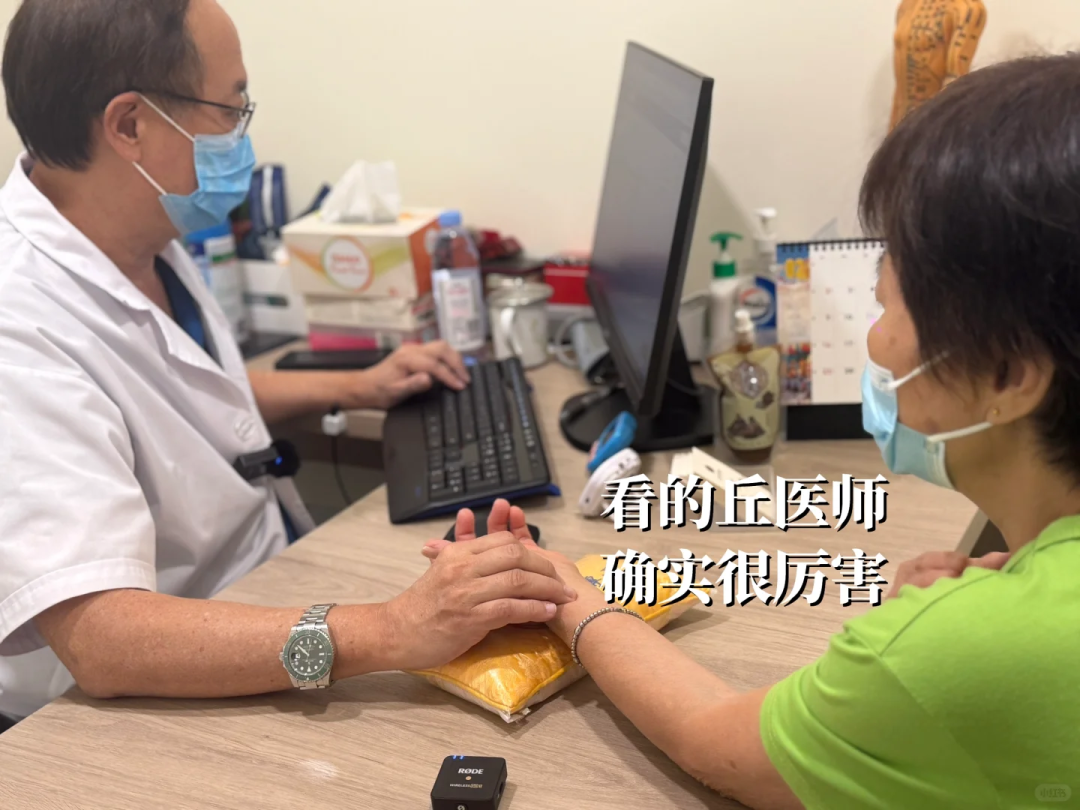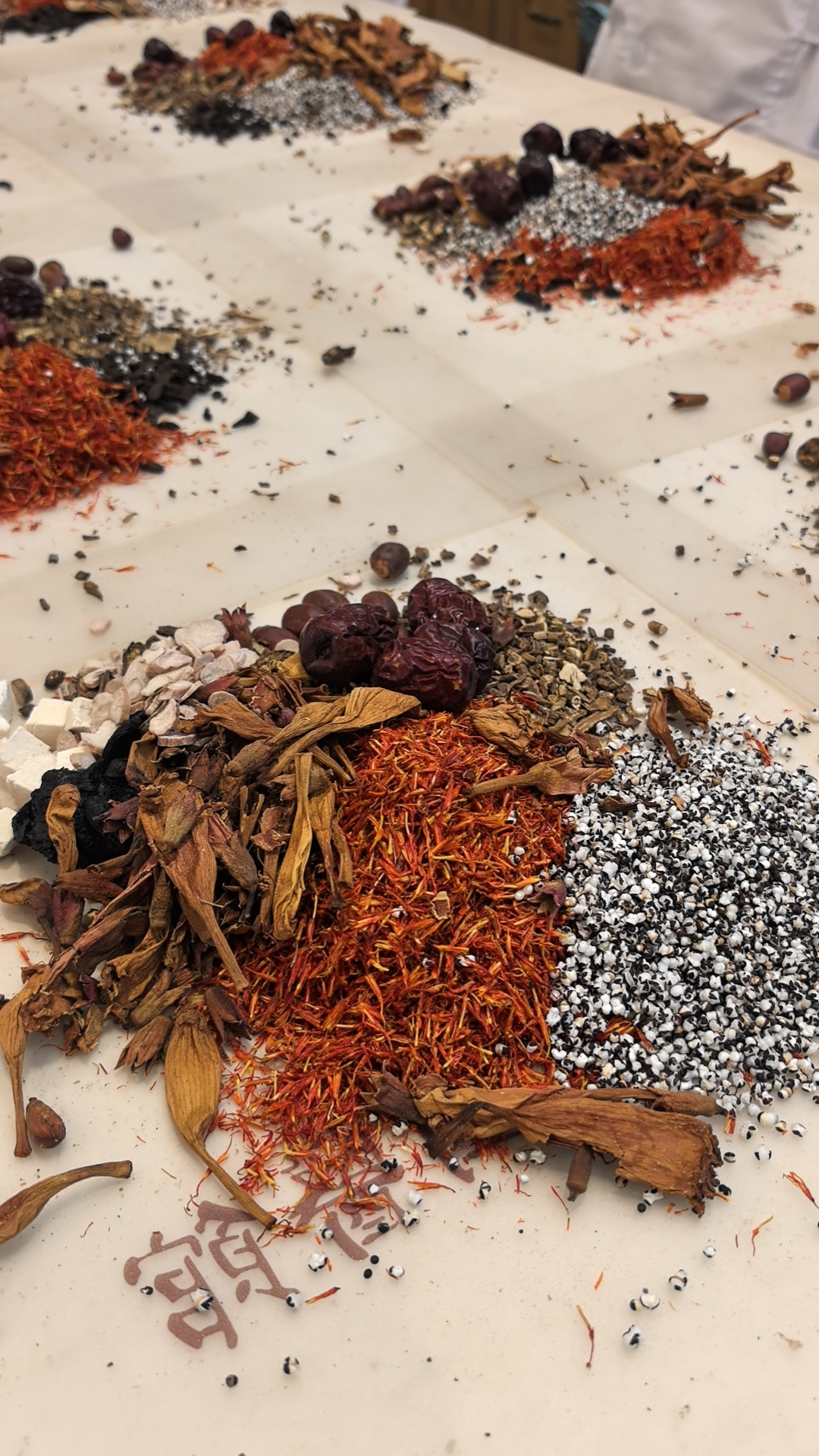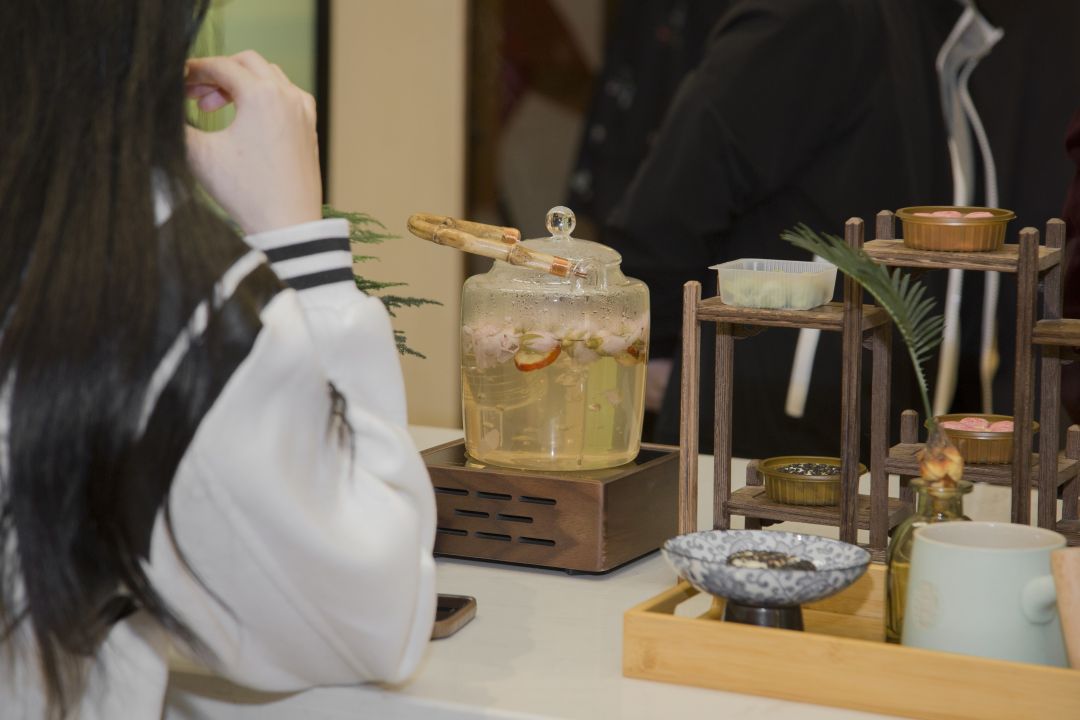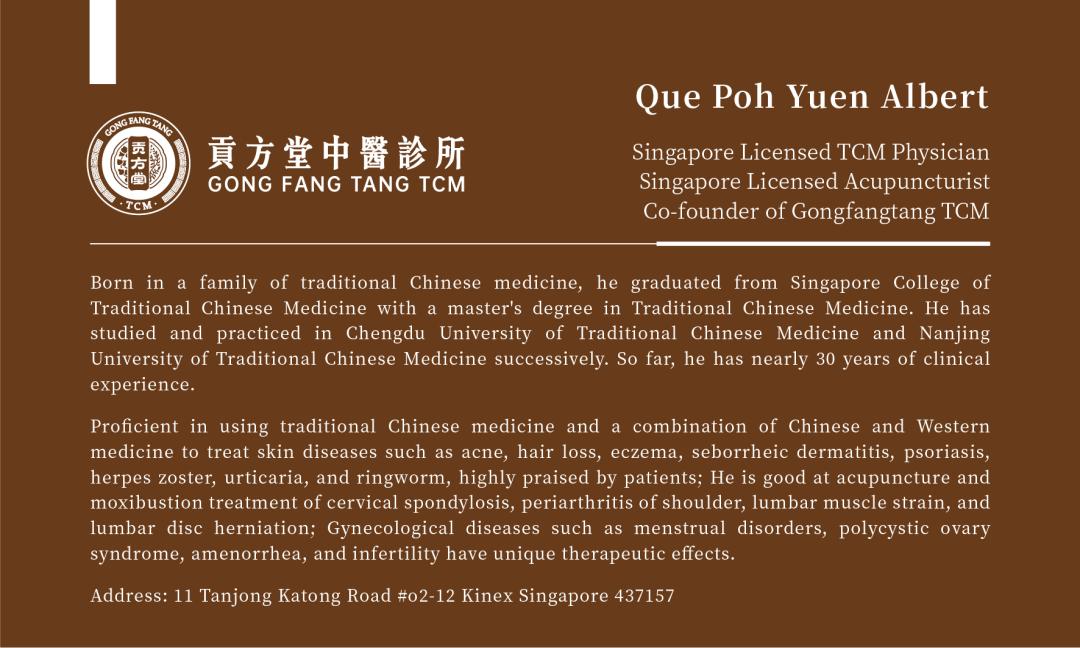In Singapore’s hot and humid climate, eczema is a persistent affliction for many. While steroid creams are often used for quick relief from itching and redness, symptoms tend to recur after discontinuation, making the condition deeply distressing. Visually, eczema manifests as erythema, papules, blisters, oozing, crusting, scaling, and other skin changes. Dr. Qiu Baorun of Singapore’s Gong Fang Tang TCM Clinic explains that recurrent eczema is closely linked to four pathological mechanisms: dampness, heat, wind, and deficiency.

Why Does Eczema Occur?
Internal Dampness:
Improper diet (e.g., excessive spicy, greasy, or raw/cold foods) damages the spleen and stomach, impairing their function in water-dampness metabolism. This leads to internal dampness.
External dampness from humid environments, rain, or water exposure can combine with internal dampness, triggering eczema.
Wind Invasion:
Wind, the "leader of a hundred diseases," often combines with other pathogens. When the body’s defensive qi (卫气) is weak, wind invades the skin, mingling with dampness or heat, disrupting qi and blood flow, and causing eczema.
Heat Accumulation:
Emotional stress (causing liver fire), external heat exposure, or overconsumption of spicy/drying foods lead to internal heat. Heat and dampness steam together, inflaming the skin and causing eczema.

Who Is Prone to Eczema?
Spleen Deficiency with Dampness: Those with weak spleen function, prone to indigestion, bloating, or loose stools. Poor water-dampness metabolism fosters internal dampness, leading to eczema.
Allergic Constitutions: Often due to innate deficiencies in organ function, qi-blood weakness, and poor defense against allergens, resulting in eczema.
Emotional Stress: Chronic anxiety or anger causes liver qi stagnation, transforming into fire that damages blood. Blood deficiency generates wind, starving the skin of nourishment and triggering eczema. Stress also worsens spleen function and dampness.
Residents of Damp Environments: External dampness easily invades the body, stagnating in skin and meridians, increasing eczema risk.
TCM Syndrome-Based Treatment
Dr. Qiu classifies eczema into three patterns:
Damp-Heat Accumulation (Acute Stage):
Symptoms: Red, swollen, oozing skin; intense itching; bitter mouth.
Treatment: Clear heat, drain dampness. Use Longdan Xiegan Tang (Gentian Liver-Draining Decoction). Wash skin with honeysuckle (Jinyinhua) and smilax (Tufuling) decoction.
Spleen Deficiency with Dampness (Subacute Stage):
Symptoms: Dark red skin, recurrent scaling; sticky stools.
Treatment: Strengthen spleen, resolve dampness. Use Shen Ling Baizhu San (Ginseng-Poria-Atractylodes Powder) and Wei Ling Tang (Stomach-Calming Poria Decoction). Apply moxibustion to Zusanli (ST36) and Yinlingquan (SP9).
Blood Deficiency with Wind-Dryness (Chronic Stage):
Symptoms: Dry, thickened skin; hyperpigmentation; insomnia.
Treatment: Nourish blood, moisten dryness. Use Danggui Yinzi (Tangkuei Decoction). Topically apply Zicao oil (Arnebia oil).
External Therapies & Lifestyle
Acute Stage: Apply cold compresses of honeysuckle and purslane (Machixian) to reduce redness.
Chronic Stage: Use herbal ointment (with Danshen, Huangqi, Shechuangzi) to repair skin barrier and avoid steroid dependence.
Lifestyle: Avoid overwashing, hot water, spicy foods, and seafood. Drink red beans or roasted white hyacinth beans as tea to drain dampness.

Case Study
Patient: Ms. Chen, 32
Complaint: Chronic eczema for 5 years; thickened, cracked skin on legs; severe nocturnal itching; steroid-induced hyperpigmentation.
Diagnosis: Blood deficiency with wind-dryness + spleen deficiency.
Formula: Danggui (angelica), Danshen (salvia), Jixueteng (millettia) to nourish blood; Baizhu (atractylodes), Fuling (poria) to strengthen spleen. Topical Zicao ointment.
Outcome: Itching reduced after 2 weeks; oozing stopped in 1 month; skin normalized in 3 months. No recurrence after 6 months.
Conclusion
Eczema is not merely a skin issue but an external sign of internal yin-yang imbalance. TCM addresses the root cause by correcting constitutional patterns.
 Important: TCM treatment must be tailored to the individual. Formulas and dosages should be adjusted by a licensed TCM practitioner—never self-prescribe.
Important: TCM treatment must be tailored to the individual. Formulas and dosages should be adjusted by a licensed TCM practitioner—never self-prescribe.